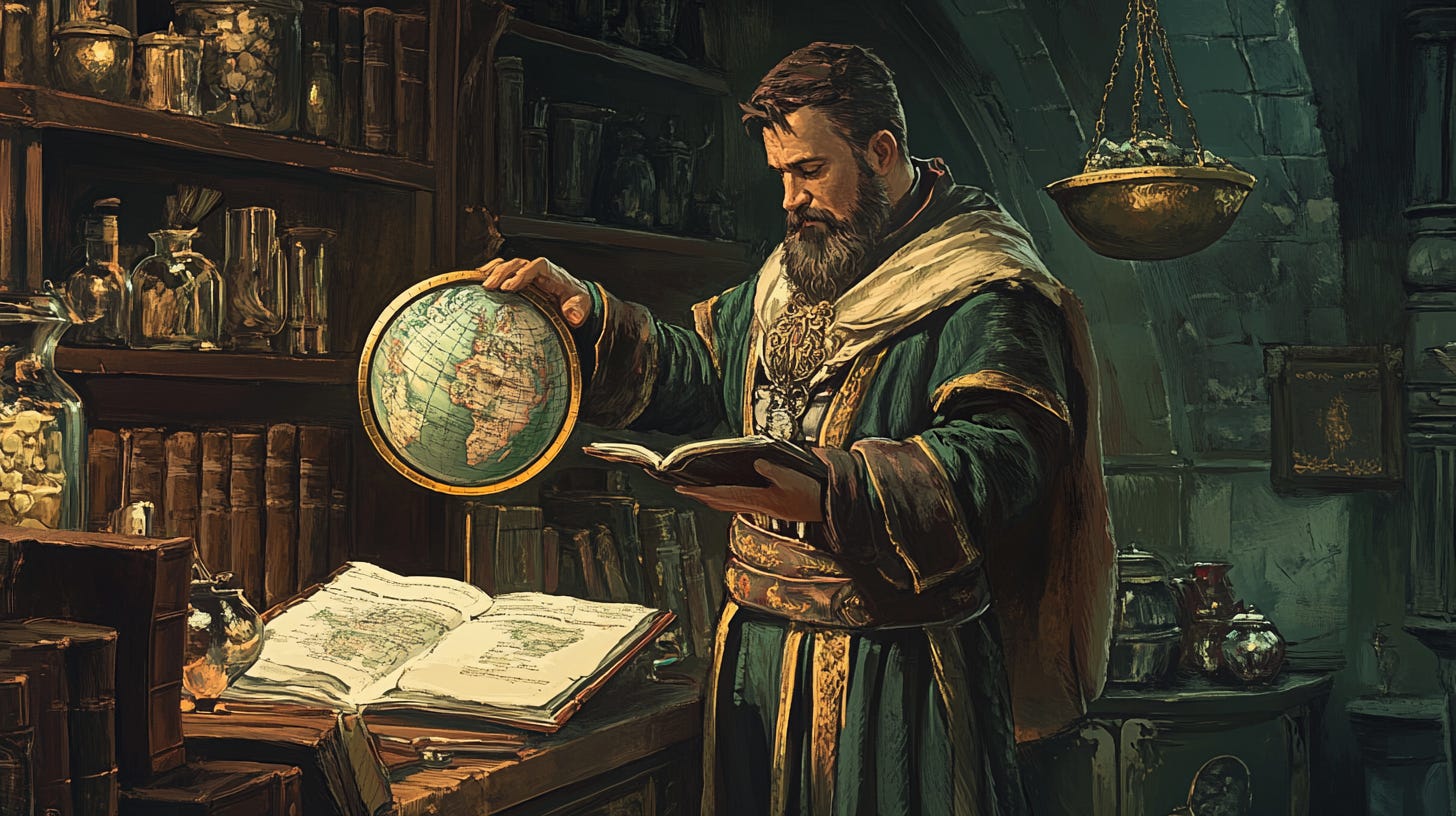The World Needs More Merch
Approximately five times as much
Brands are more than just logos; they are shorthand for identity. Whether it's Coke versus Pepsi or Android versus iPhone, these distinctions transcend products. They're about belonging, signaling values, and expressing individuality.
Wearing a brand's merch is a subtle declaration of alignment: a Tesla cap isn't just about electric cars—it's about innovation and a vision for the future. Even abstract or enigmatic companies, like Palantir or Anduril, can use merch to humanize their brand. A simple hoodie or cap turns a complex entity into something tangible, approachable, and shareable.
People crave symbols that connect them to tribes, ideas, and ideals, and merch fulfills this primal need. What's remarkable is that these companies have already overcome one of the hardest hurdles: building a devoted audience. With this foundation, they can leverage merch to deepen loyalty and amplify their impact.
Now consider the untapped potential for merch in overlooked industries. Take a company like Lockheed Martin, steeped in the nostalgia of cutting-edge aviation and warfighter history. A line of retro-inspired bomber jackets could tap into the timeless appeal of their iconic aircraft, making their legacy wearable while evoking pride and curiosity. Lockheed Martin has hundreds of thousands of shareholders—how many wouldn't jump at the chance to own some gear?
A startup specializing in this space has an attractive opportunity to curate collaborations or create high-quality, thoughtful designs, opening new avenues for established companies to enhance brand engagement. Imagine a team that acts as a creative studio for companies, transforming their intangible values into physical symbols people want to own. These efforts would move beyond traditional marketing, creating lasting emotional resonance rather than relying on fleeting digital impressions.
We're seeing glimpses of this idea trending in the right direction. Tech companies like SpaceX and Tesla have elevated branded items into cultural statements, with their minimalist designs and limited availability turning fans into ambassadors. The success of corporate merchandise is backed by data—take Patagonia's corporate sales division, which has seen over 20% annual growth by turning company-branded gear into sought-after status symbols.
Of course, merch comes with challenges, as WeWork learned the hard way in 2019. After their failed IPO they were left with warehouses full of worthless branded merchandise, a costly reminder that brand value can evaporate overnight. Despite these risks, the potential for connection and loyalty far outweighs the downsides.
Merch isn't just about products; it's about making ideas tangible. In a world dominated by digital interactions, physical items create a lasting impression. They serve as reminders of the values we align with, the communities we're part of, and the identities we want to project.
In an increasingly virtual world, thoughtfully designed merchandise bridges the gap between digital brand loyalty and tangible experience. It transforms passive consumers into active participants in a brand's story—not just wearing a logo, but carrying forward its vision, values, and aspirations into the physical world.


